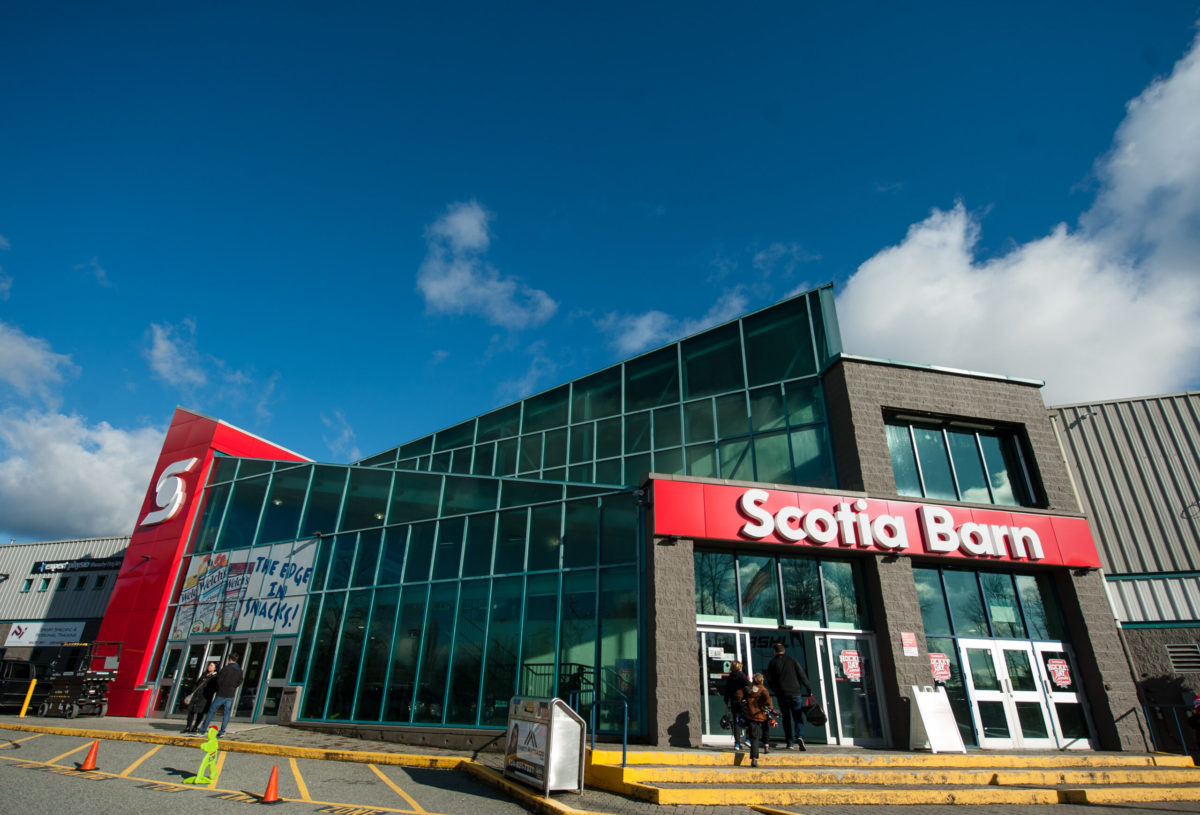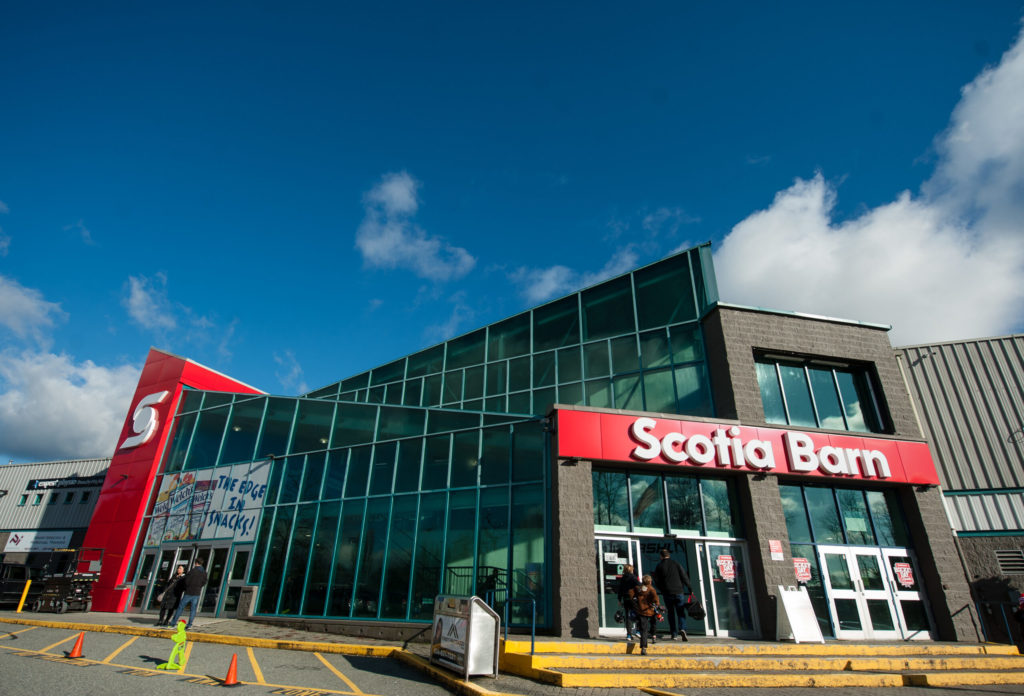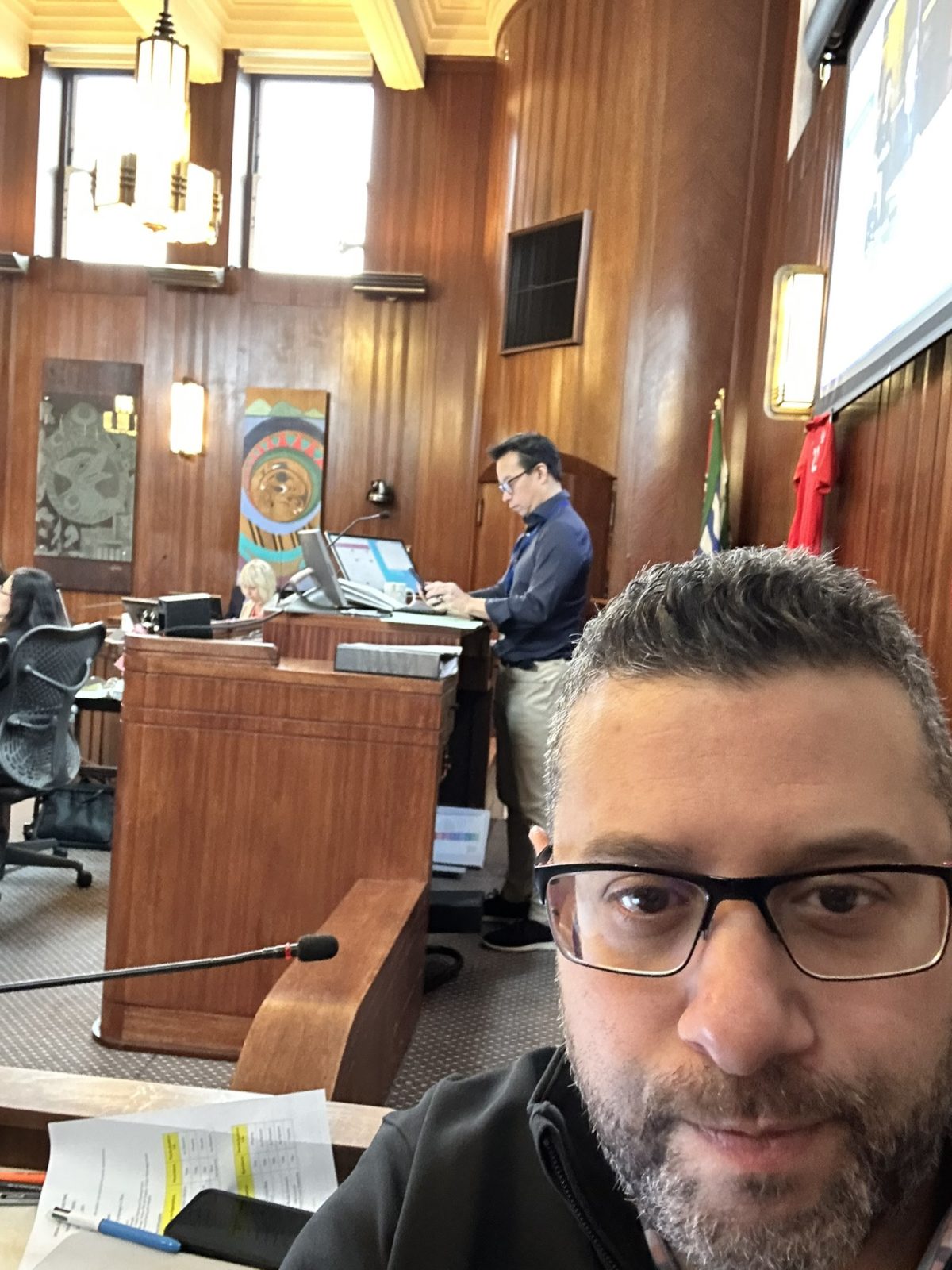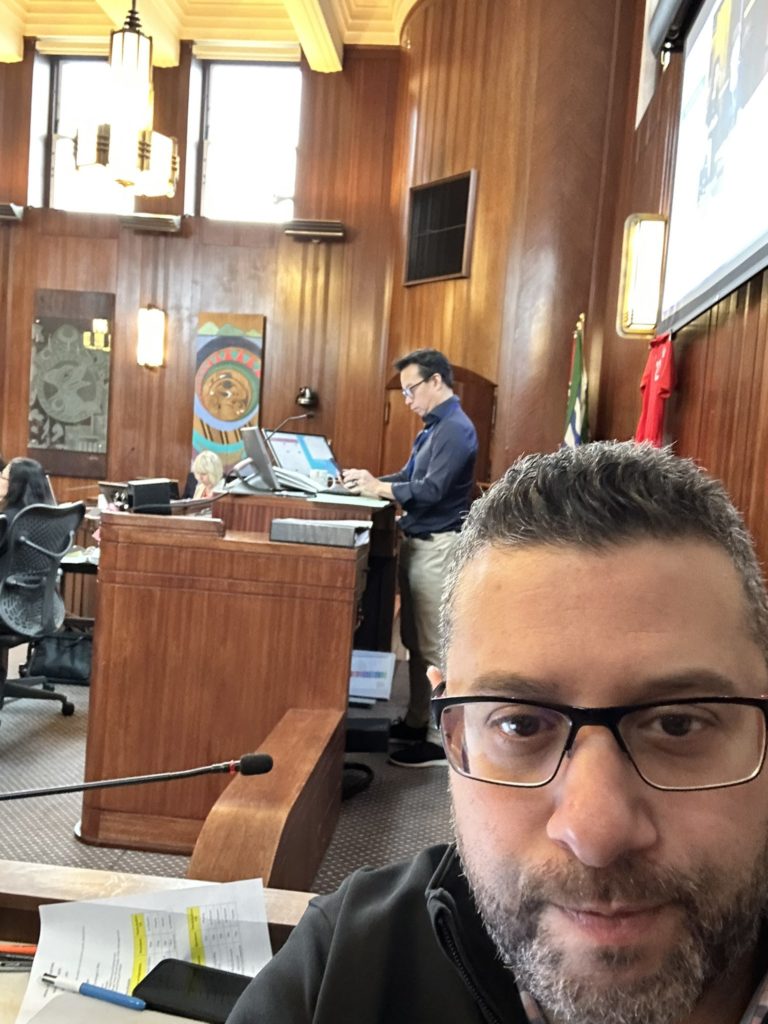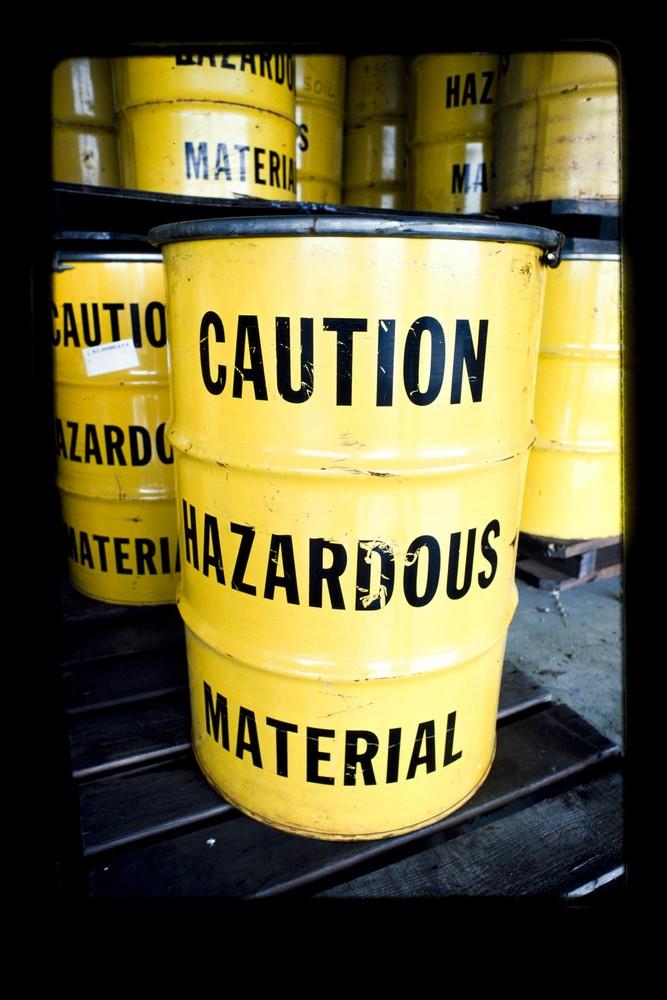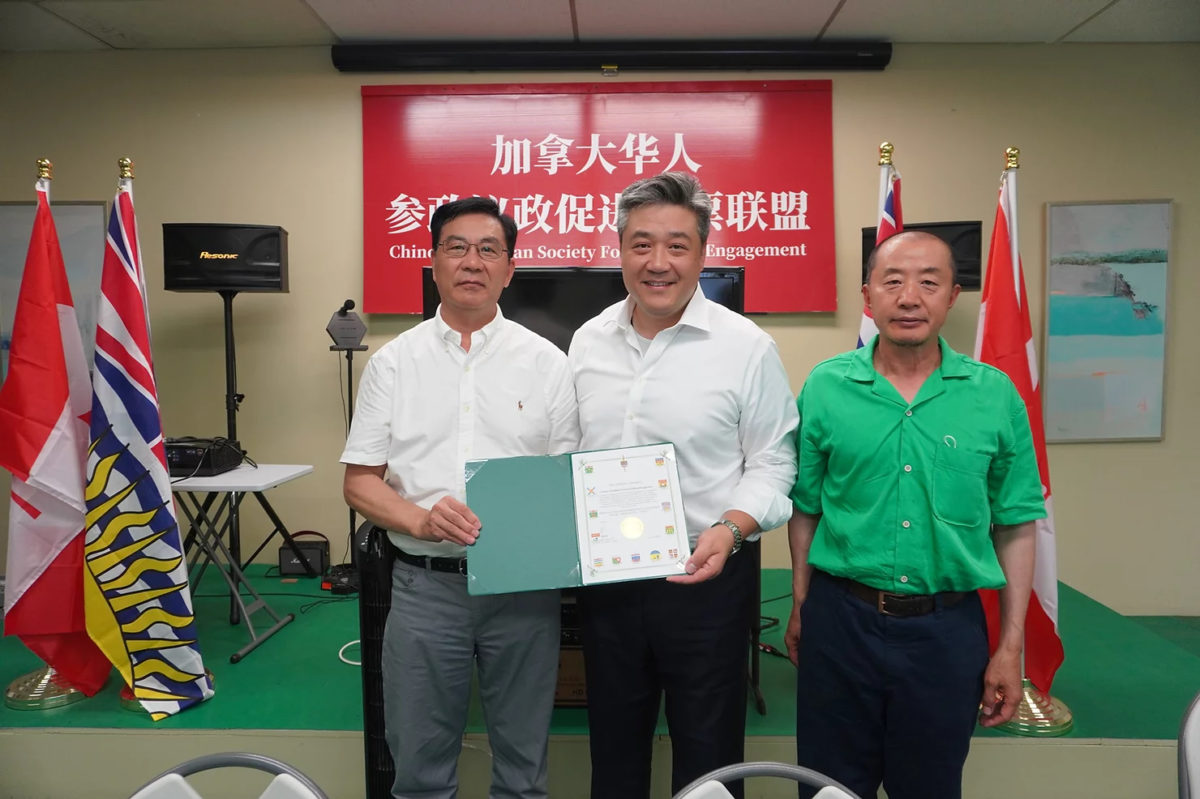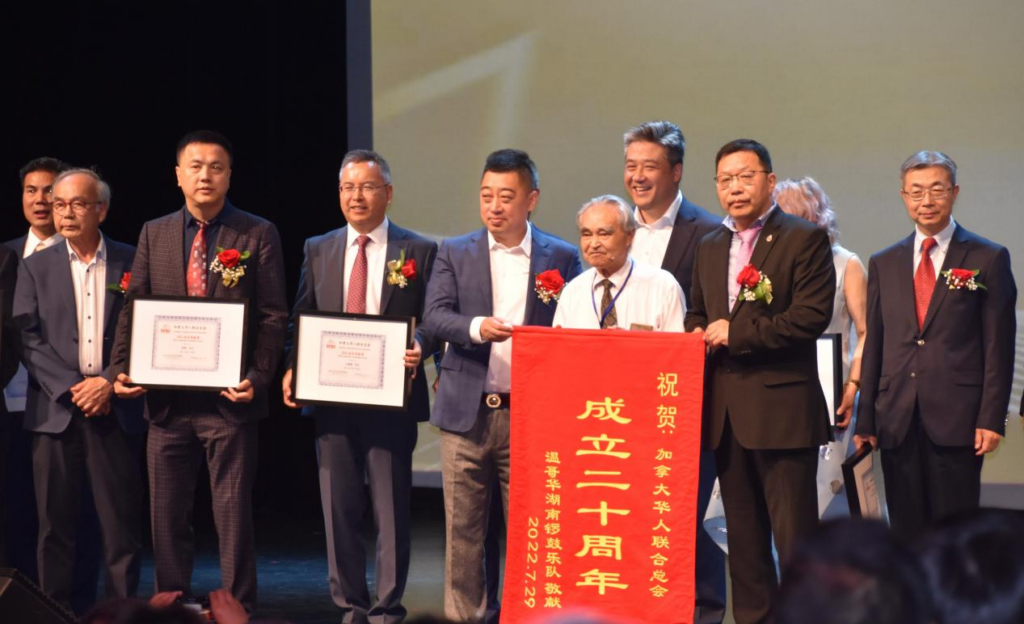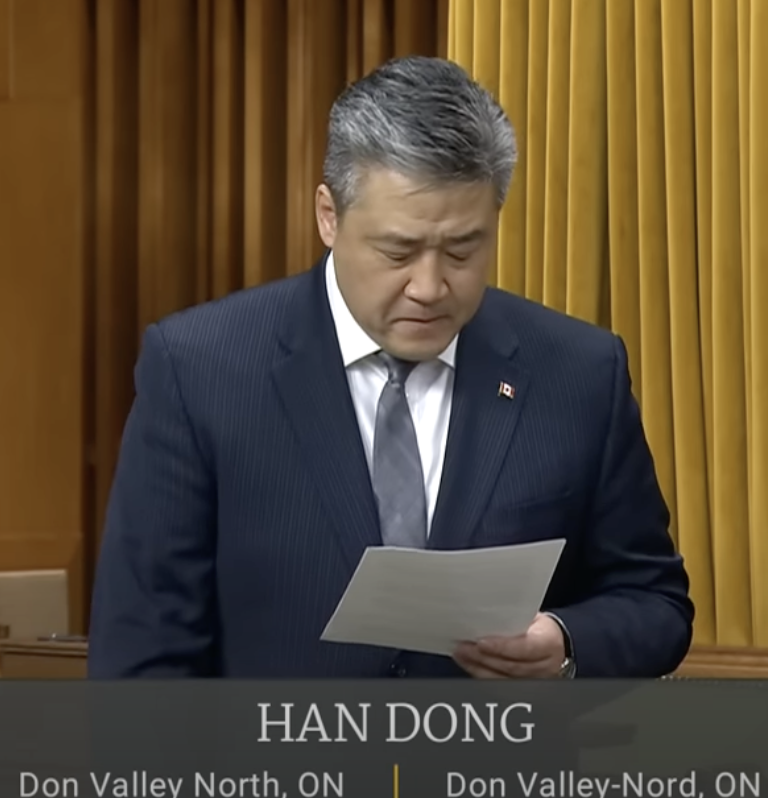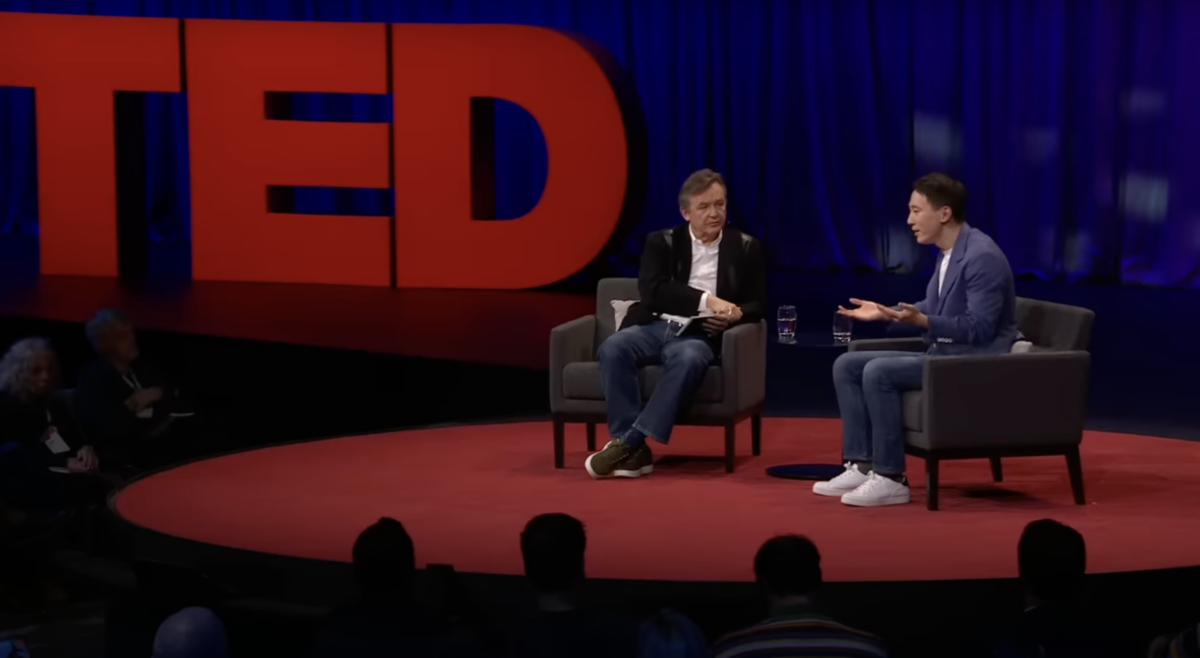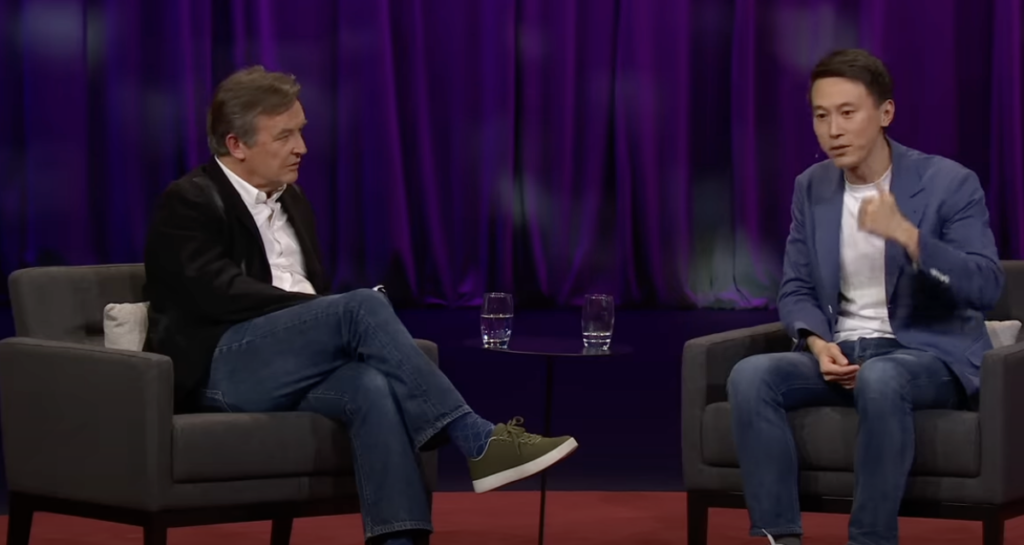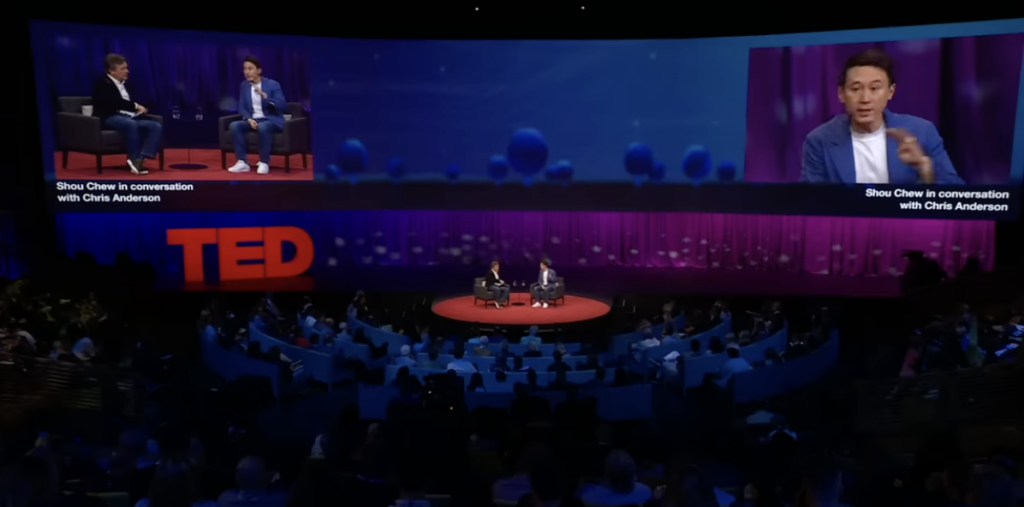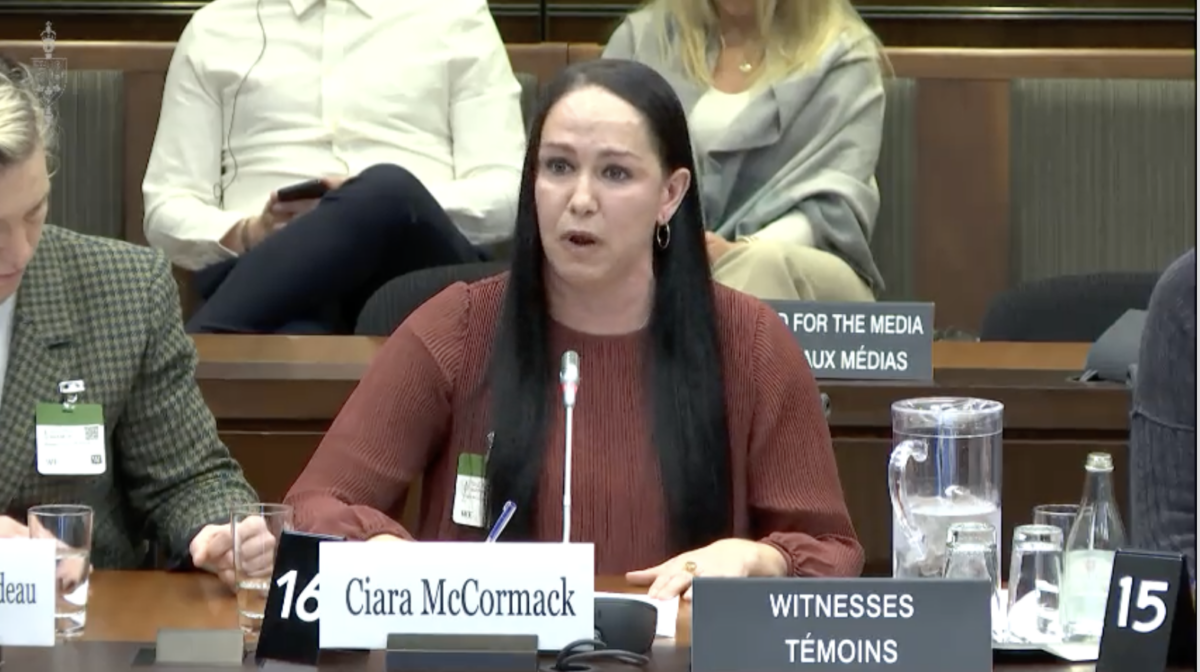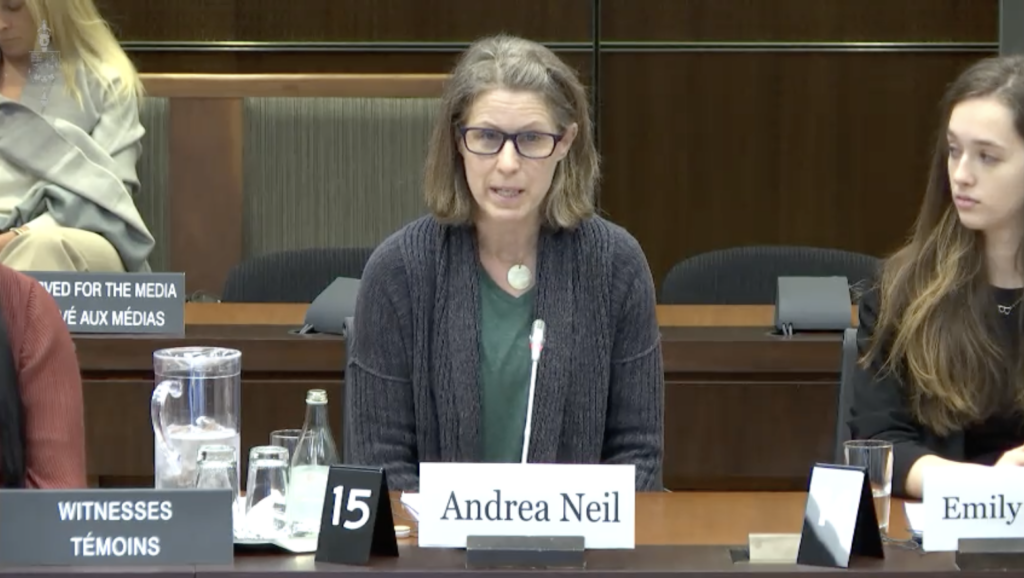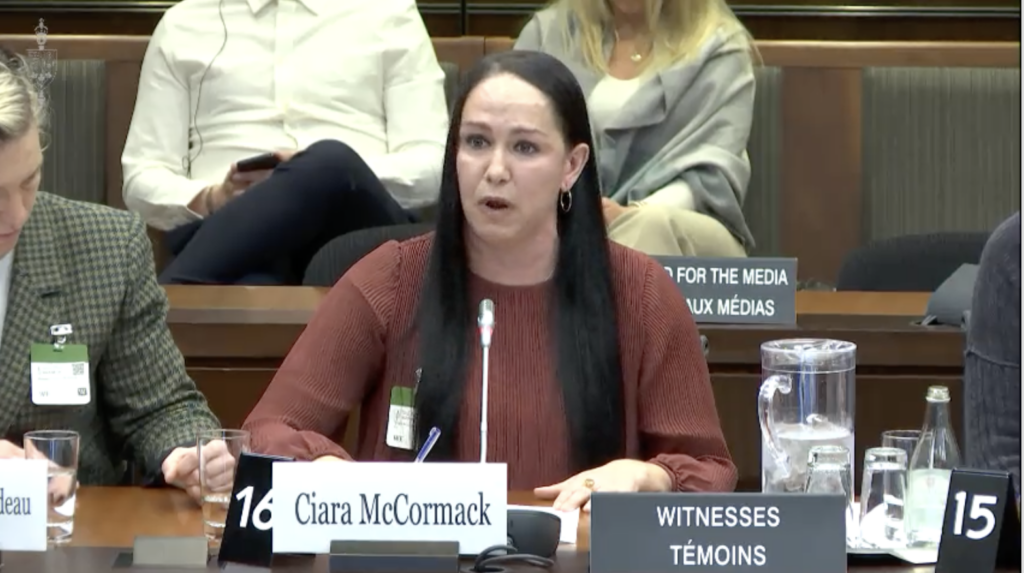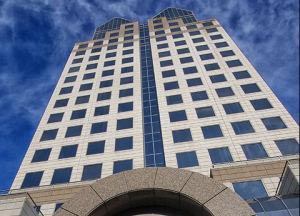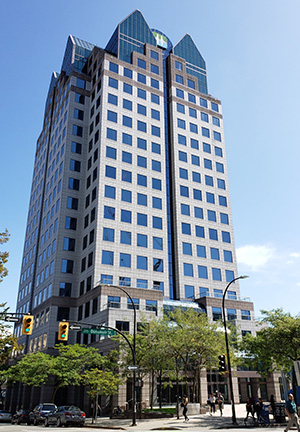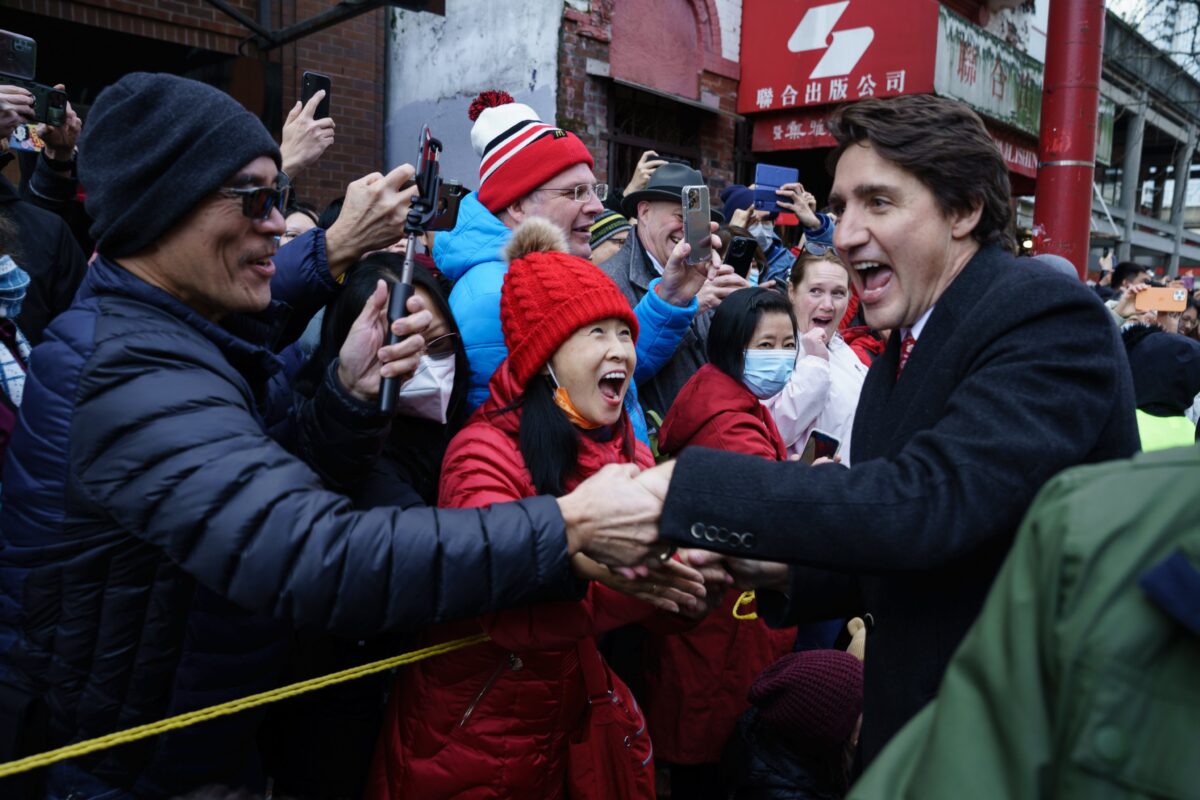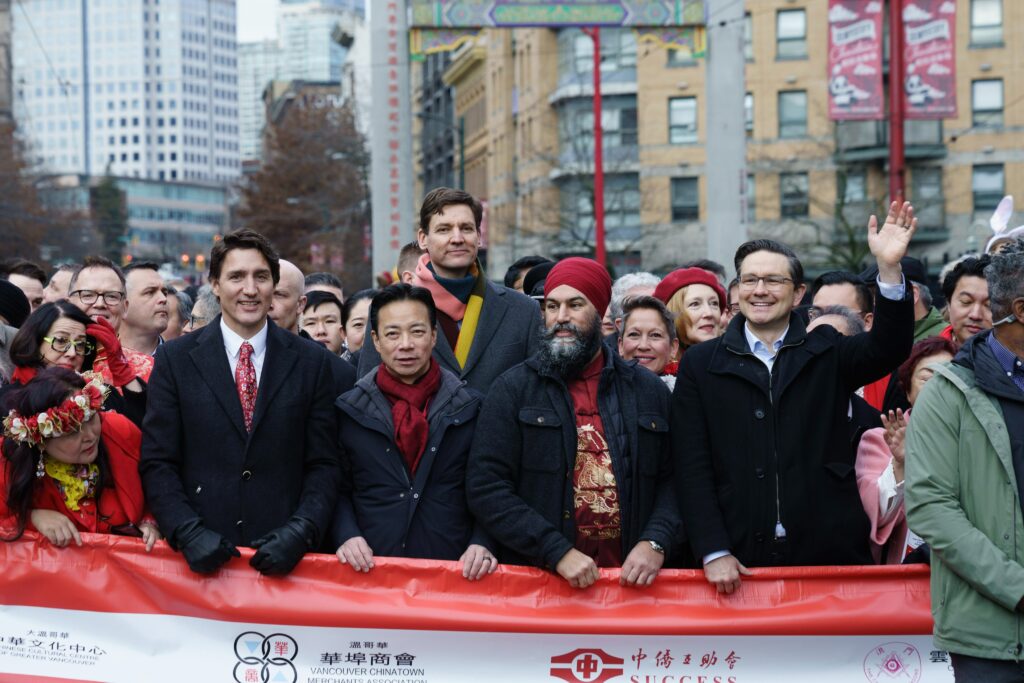Judge says PacNet founder must answer questions about big money moves
Bob Mackin
A B.C. Supreme Court judge has ordered a Vancouver woman at the centre of an international payment processing scandal to answer questions at an examination for discovery.
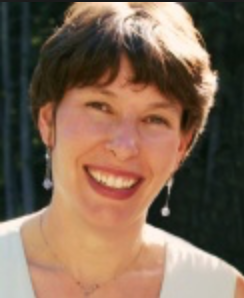
PacNet founder Rosanne Day
In a February 2018 filing, the Director of Civil Forfeiture alleged that PacNet Services engaged in “unlawful predatory mail-fraud schemes, primarily targeting the elderly and vulnerable.” The court documents further claim that PacNet processed millions of payments worth hundreds of millions of dollars from tens of thousands of victims.
The payment processor’s founder, Rosanne Day, refused to answer questions during January and March examination for discovery sessions, prompting lawyers for the director to complain to Justice Shelley Fitzpatrick.
Fitzpatrick’s April 3 decision, published April 27, said Day must answer a series of questions about transfers of money with her husband and her lawyer in the days after a U.S. government agency, the Treasury’s Office of Foreign Assets Control, designated PacNet a significant transnational criminal organization in September 2016.
The designation was lifted in October 2017, but Day and PacNet’s legal problems were only beginning. The director filed for forfeiture in February 2018. In June 2019, the District of Nevada charged Day and three others for mail and wire fraud and money laundering.
The director has seized various properties, including real estate and bank balances, totalling $20 million, Fitzpatrick’s ruling said.
Lawyers for the director asked Day under oath on Jan. 26 of this year whether she or PacNet had used a lawyer’s trust account to move money, unrelated to payment for legal fees, between September 2016 and January 2020. But Day’s lawyer objected and she refused to answer. The examination for discovery reconvened on March 1. Again, Day objected and did not answer.
The questions were about the almost $10.16 million received and/or disbursed through the trust account of lawyer Michael Bolton. The director’s lawyers want Day to answer questions about her access to large sums of money and certain transactions, the source of funds and whether any of the money was returned to accounts she controls.
PacNet and Day objected on the basis of relevance and privilege.
The judge said privilege did not apply because “there is no evidentiary basis upon which to conclude that the movement of funds in [Bolton’s] trust account relates at all to his solicitor-client relationship with PacNet or others.”
Fitzpatrick also concluded that the questions are relevant.
“The discovery questions will allow the director to gain evidence as to the funds that were held by, or accessible to, PacNet, Ms. Day and/or [husband Gordon] Day from the time of PacNet closed its business in September 2016 and leading the commencement of this proceeding, and even beyond that date,” Fitzpatrick wrote.
Support theBreaker.news for as low as $2 a month on Patreon. Find out how. Click here.
Bob Mackin A B.C. Supreme Court judge has






